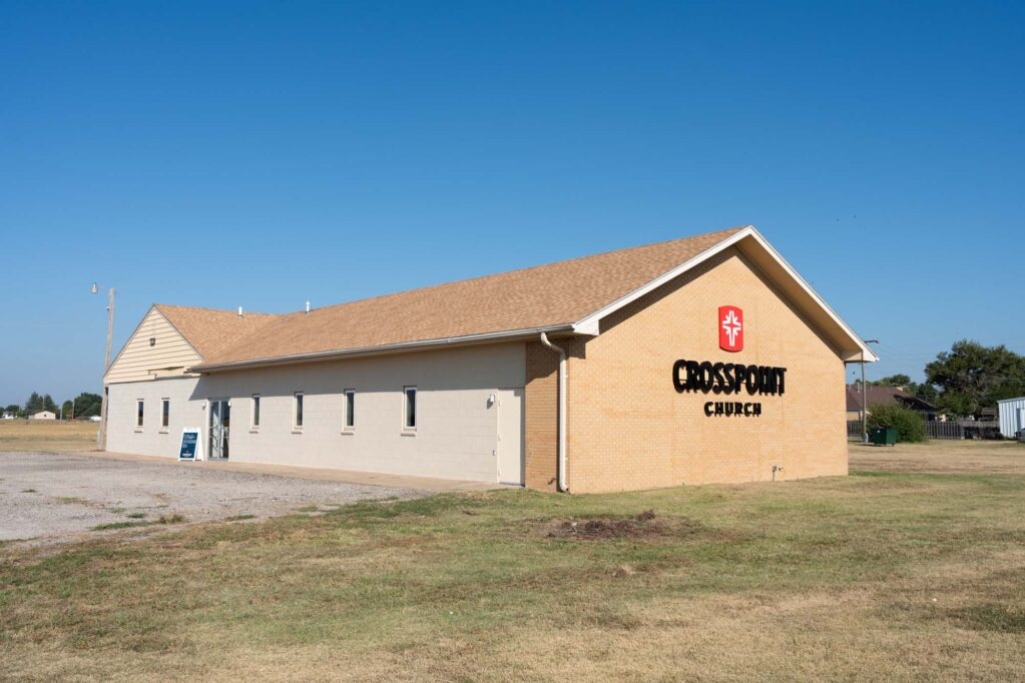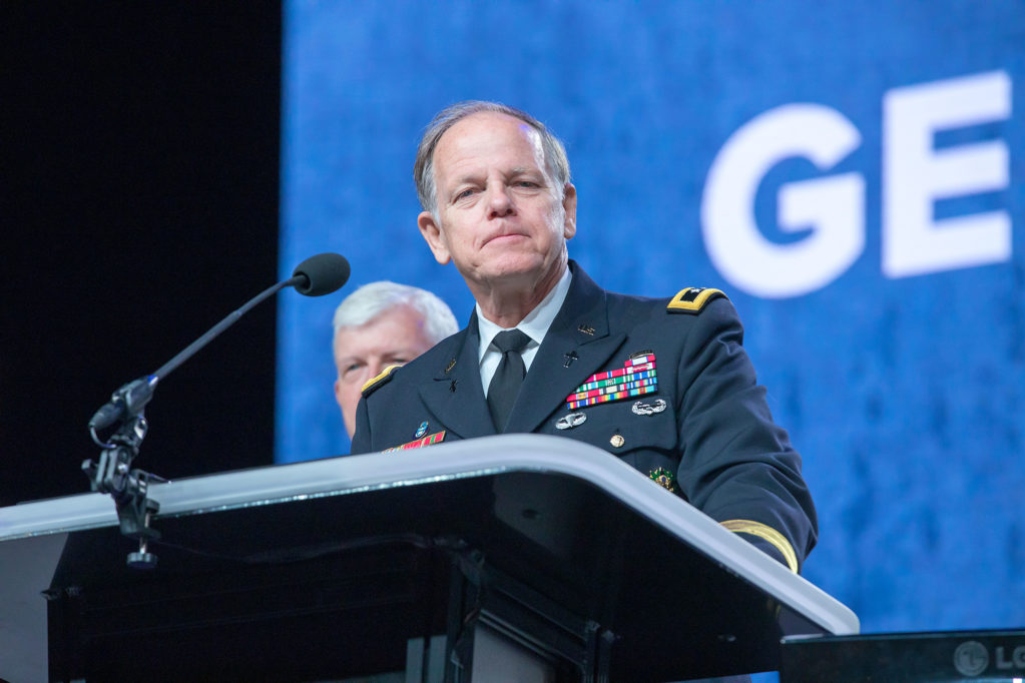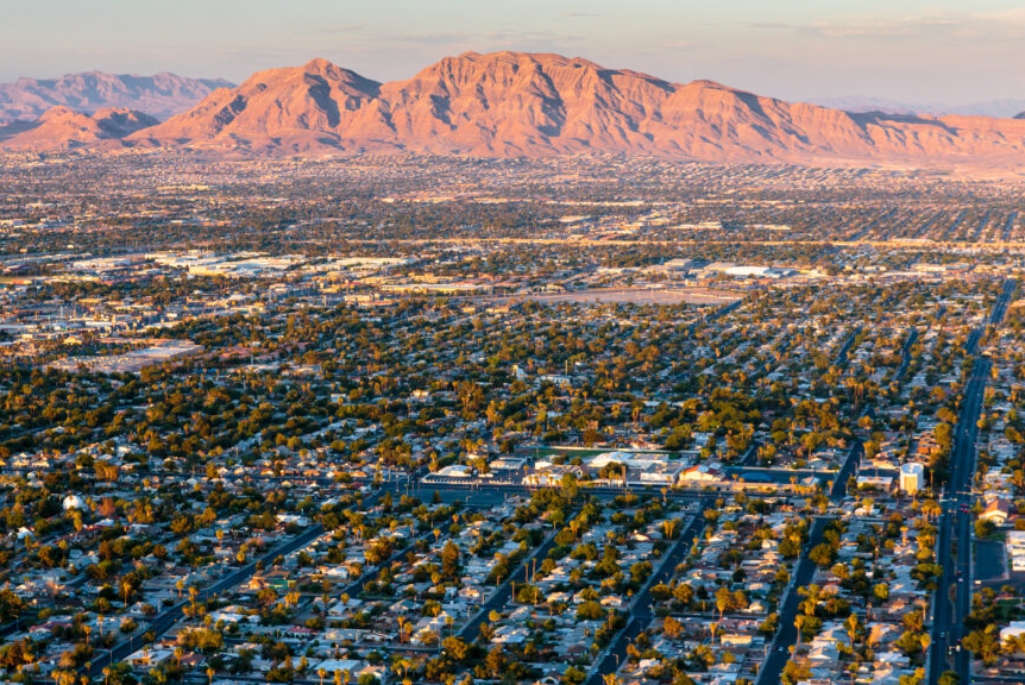
When First Southern Baptist Church of Russell closed in 2020, it eventually re-launched as a campus of Crosspoint, a church with campuses in several locations throughout Kansas.
If you lived somewhere in the path of the total eclipse on April 8, you’ll likely never forget it. Gradually, our world grew darker and darker until eventually the moon blocked the sun completely. For a few minutes, darkness ruled the daytime.
When you work, as I do, with churches on the verge of dying, it can sometimes seem like things are growing very dark. In fact, that’s a bit of how I felt when Lifeway Research recently reported a loss of 1,200 Southern Baptist churches from 2021 to 2022.
While some of those churches simply disaffiliated from the convention, the vast majority closed their doors. According to the article, 2% of the convention’s 50,423 churches in 2021 closed their doors in 2022, and 0.5% disaffiliated with the convention.
It’s easy to look at those numbers and worry that the gospel light may soon be gone forever from our land. But just like with the eclipse, the darkness isn’t the whole story.
The alarming decline
I’ll never forget when I returned to the Kansas City area in 2003 after years of planting churches in Canada. I moved from a community that desperately needed new churches to one with quite a few dying churches. It seemed like they were on every corner of inner-city Kansas City.
Those dying churches haunted me. Two decades later, they still do.
Many of those 1,200 Southern Baptist churches that closed their doors between 2021 and 2022 represent communities left without a gospel witness and people who will spend eternity without God because they never heard the good news.
This new data confirms what I feared might happen as we steered out of the pandemic. I anticipated that a great number of at-risk churches simply would not be able to fully recover. They were already in a weakened condition and unable to endure the strain. While many of them would’ve closed in the next five to 10 years, we’re seeing them close much sooner.
Dying churches matter to God, and they matter to Southern Baptists. Dying churches rob God of glory; resurrected churches bring Him glory.
That’s why, at the North American Mission Board (NAMB), we’re doing whatever it takes to help dying churches find new life.
Over the last decade, we’ve seen God do the impossible in many of these dead and dying Southern Baptist churches. We’ve walked beside more than 700 replanting teams as they’ve partnered with God to bring churches back to life in communities that desperately need them.
A beacon of hope in Russell, Kansas
One of those dead Southern Baptist Convention (SBC) churches that has come back to life is in Russell, Kansas. A small town of 3,000 in the western part of the state, Russell is like many small towns in the heartland. It’s a largely blue-collar town, where most people work on the farm or in the oil fields.
For decades, First Southern Baptist Church of Russell faithfully shared the gospel with the community. But by 2020, First Baptist was dying. Even before the COVID-19 pandemic shut down worship services across the nation, the rural church had begun thinking about closing. When the pandemic came, the church had no choice but to close the doors for good.
For a year, it sat empty. But God wasn’t finished with that building or with Russell, Kansas.
About 75 minutes away, a young man who grew up with only scant engagement in a local church had come to Christ, attended Midwestern Baptist Theological Seminary and was looking for an opportunity to replant a dying church.
Through the Kansas-Nebraska Convention of Southern Baptists, Chris Powell learned about the closure of First SBC of Russell, a town where he had spent the first 12 years of his life .
Shawn, now connected with Crosspoint Church — a church with locations across Kansas — saw an opportunity to reopen a church and see the gospel planted in the community.
Shawn and his team from Crosspoint Church spent the next 15 months sprucing up the building, transforming it into a vibrant place of worship again.
When Crosspoint Russell first opened in September 2023, Shawn hoped 15 people might show up for the first service. Instead, 70 attended that first week. On Easter 2024, the new congregation had 82 people — nearly filling its 92-seat sanctuary.
Despite what God has done in Rusell in recent months, First Southern Baptist of Russell will still show up on any list of SBC churches that have died in the past few years. Because the revived congregation is now a part of Crosspoint, it counts as a “campus” but not as a new SBC church.
A little over 40% of the nearly 700 churches, like Crosspoint Russell, our team has helped are classified as mergers or adoptions. In either case, those churches still count as dead ones, even though they are quite alive today and those communities still have a gospel presence.
Gospel hope for the future
There’s still no way to sugar-coat the loss of 1,200 churches. The rate of church closures is climbing much faster than anyone expected a decade ago when our team got started. An aging population and enormous social changes are wreaking havoc on many of our Southern Baptist churches.
But the story of Russell, Kansas reminds us that even when everything grows dark in our community, the light of the gospel is still shining.
Our replanting team connects dying churches with gospel replanters every week. God isn’t through with struggling Southern Baptist churches. As Southern Baptists partner together for the sake of the gospel, we’ll see these churches find new life.
During an eclipse, we may not see the sun, but we can rest assured it is there. We just need to look for it.
(EDITOR’S NOTE — Mark Clifton is executive director of church replanting and rural ministry at NAMB. To learn more about church replanting and how NAMB’s Replant team comes alongside struggling churches, visit namb.net/church-replanting.)


